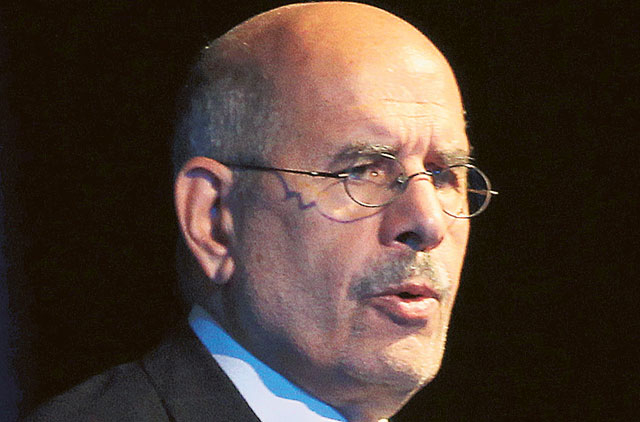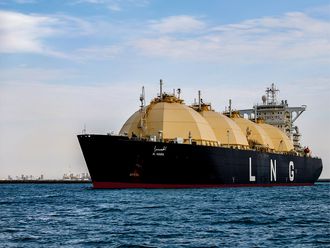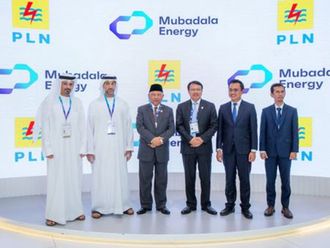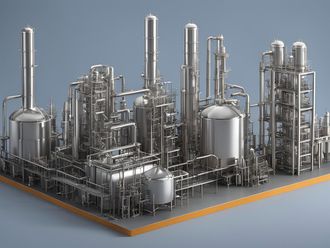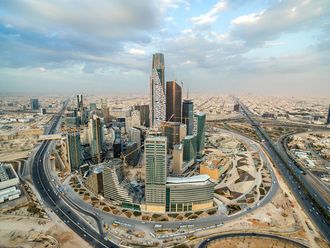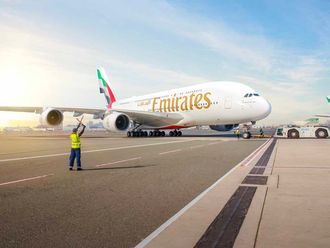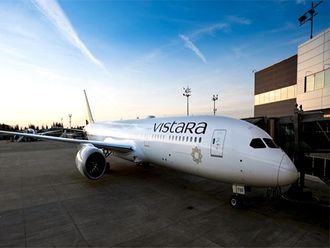Dubai: Nuclear power drives the engine of every developed country as it strives to achieve self-sufficiency in energy, Dr Mohammad Al Baradei, former head of the International Atomic Energy Agency, said at the Dubai Global Energy Forum.
"Nuclear power is the engine of every development, however, we should revise safety standards to maximise the benefit and minimise the risk," Al Baradei said.
There is a growing appetite for nuclear energy as nations face the challenge of ensuring sufficient and sustainable energy supplies.
"We have to be aware of how much energy we need for efficient supply and what is the best mix of energy that is required on the regional and global needs."
He believes that nuclear energy still has an important future and will grow along with the population."
Currently 14 per cent of global power generation is nuclear, Al Baradei said, adding that by 2050 it is expected to be 24 per cent.
Al Baradei urged a shift in focus from reliance on fossil fuels in power generation and instead seek alternative energies — nuclear and renewable.
The increasing demand for electricity until 2035 will require a 78 per cent increase in power generation.
Moreover, he said that the adoption of nuclear power will help the developing countries to grow and eliminate poverty.
UAE at forefront
"There are 1.4 billion people who have no access to electricity while the number of hungry people around the world is about one billion, and another one billion people live below the poverty line, most of them in Africa and Asia."
Al Baradei said that the UAE is among the 30 countries that seek to develop nuclear power and it could be the first in the region to do so.
"The UAE will build four nuclear power plants, which will be partially operational by 2017, with a capacity of 1,400MW," he added.
He said that he chose to talk at the Dubai Global Energy Forum for two main reasons: the UAE has embarked on nuclear power development and to highlight the Fukushima tragedy.
Admitting that Japan's Fukushima reactor crisis has made people wary of nuclear power, Al Baradei called for a comprehensive safety review of nuclear plants worldwide and urged better planning for seismic risks.
However, he said that safety is now a global concern when it comes to developing nuclear plants.
Countries working to develop nuclear power plants have lost faith in nuclear energy following the Fukushima disaster.
Now, 25 years since the Chernobyl accident, the Fukushima crisis has brought back the dreadful memory of the Chernobyl explosion in 1986 when people lost their lives and others were exposed to radiation.
He noted how the Chernobyl disaster had an enormous impact on nuclear energy programmes and public concerns.
However, Al Baradei said: "Fukushima is not Chernobyl. The first was caused by a natural disaster while the second was caused by major insufficient design."


